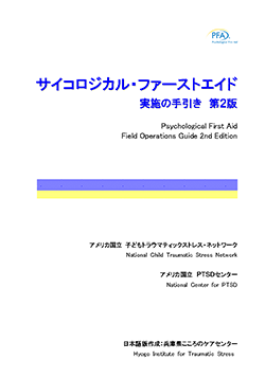
Psychological First Aid (PFA) Field Operations Guide Appendix E (in Japanese)
Is the fifth appendix for the Psychological First Aid Field Operations Guide (PFA).
The following resources on child trauma were developed by the NCTSN. To find a specific topic or resource, enter keywords in the search box, or filter by resource type, trauma type, language, or audience.

Is the fifth appendix for the Psychological First Aid Field Operations Guide (PFA).

Is a handout from Psychological First Aid Field Operations Guide (PFA). This handout offers information on alcohol, medication, and drug use after a disaster, as well as tips for those who have had an alcohol or drug problem in the past.
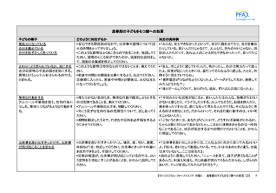
Is a handout from Psychological First Aid Field Operations Guide (PFA). This handout provides parents with common reactions after a disaster, ways to respond to those reactions, and examples of things you can say to your adolescent. This is the Japanese version 青少年を助けるための親のヒント
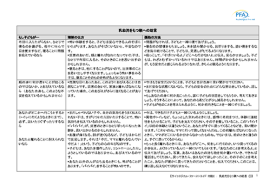
Is a handout from Psychological First Aid Field Operations Guide (PFA).
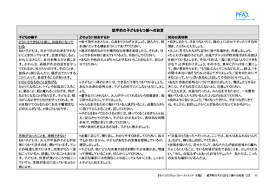
Provides parents with common reactions after a disaster, ways to respond to those reactions, and examples of things you can say to your preschool-age child. This is the Japanese version 就学前児童を助けるための親のヒント
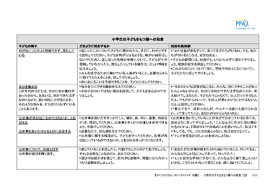
Is a handout from Psychological First Aid Field Operations Guide (PFA).
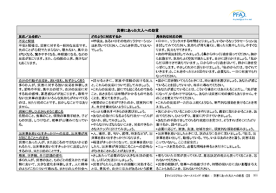
Is a handout from Psychological First Aid Field Operations Guide (PFA). This handout provides people with common reactions after a disaster, ways to respond to those reactions, and examples of things you can say to another adult. This is the Japanese version 大人のためのヒント
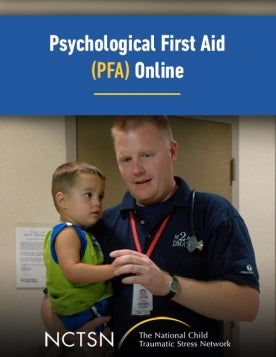
Includes a 5-hour interactive course that puts the participant in the role of a provider in a post-disaster scene. This course is for individuals new to disaster response who want to learn the core goals of PFA, as well as for seasoned practitioners who want a review.
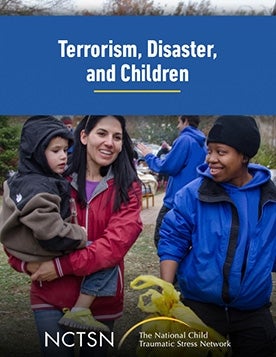
Presents findings from research data on the 1988 earthquake in Spitak, Armenia and makes references to other natural disasters.
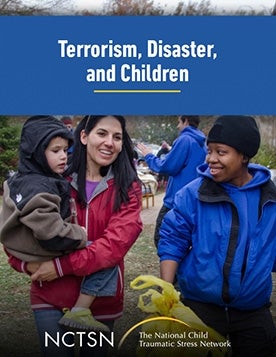
Summarizes the characteristics of community resilience and describes the Community Assessment of Resilience Tool (CART) as a mechanism for building community resilience, in addition to other strategies for building community resilience.
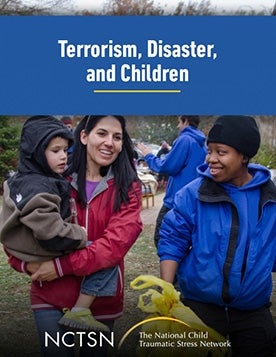
Discusses topics related to the impact of terrorism and disaster on children, as well as clinical issues such as assessment and treatment.
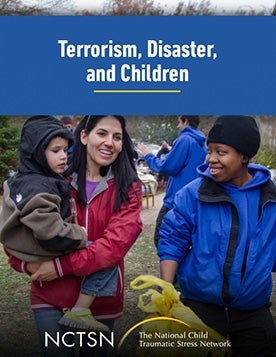
Provides information necessary to assess and treat PTSD in preschool children, school-aged children, and youth following a disaster. This webinar discuss developmental issues, parental issues, assessment, and treatment.